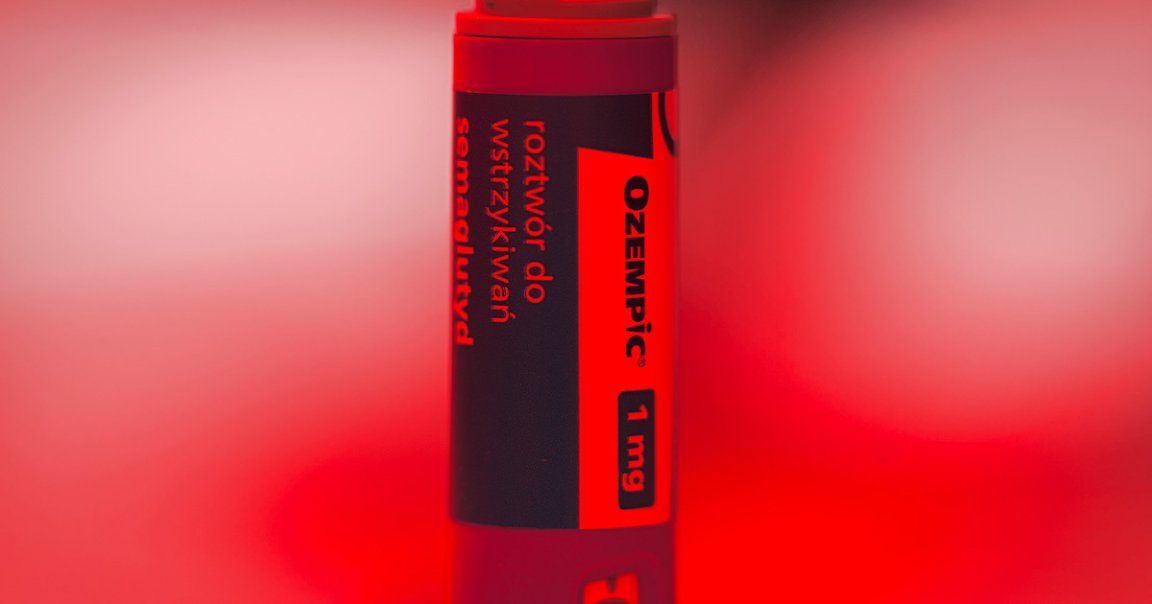
The World Health Organization (WHO) has issued an alert about counterfeit Ozempic, noting that some of the phony batches might contain a totally different drug.
In a press release, the international organization warned that batches of the counterfeit drugs had infiltrated the regulated supply chain and were found in the United States, Brazil, the United Kingdom, and Northern Ireland between the months of October and December 2023.
Three batches are under scrutiny. One was “not recognized,” WHO said, and the other two seem to either have falsified manufacturing records or to contain invalid contents.
Though that alert doesn’t expound on what the batches might contain, the organization told Bloomberg that insulin, the synthetic version of the hormone of the same name taken by some diabetics, was found in some of the contaminated drugs. Though both Ozempic and insulin are nominally diabetic medications, insulin can be dangerous when taken incorrectly or in the wrong dose.
As Bloomberg notes, this is the first time the global agency has acknowledged its investigation into the counterfeit Ozempic, which is sold by the Dutch manufacturer Novo Nordisk. The US Food and Drug Administration did, however, issue its own alert in late December 2023 about the discovery of falsified batches in the country, and the United Kingdom issued another in October about the discovery of two phony batches as well.
It’s unclear how many patients might have unknowingly taken the bad drugs or why the WHO didn’t issue warnings sooner, and we’ve reached out to its media arm to ask for clarification on that matter. In its statement, the organization said that Novo Nordisk confirmed that the batches were counterfeit, but the company has yet to issue its own statement.
The counterfeit Ozempic issue is separate from the risks associated with compounded semaglutide, the active ingredient in Novo’s flagship product and its weight loss sister drug, Wegovy.
Thus far, the WHO hasn’t commented on these cheaper and easier-to-access compounded versions of the drug, which are typically sold by online pharmacies, and neither has the UK government’s health authority. In early 2024, however, the FDA issued a warning about the drugs, which aren’t approved by the agency but are allowed to be sold because they operate within a legal grey area and are regulated at the state level.
While some of these imitation versions of the name-brand glucagon-like peptide-1 inhibitor (GLP-1) drugs may well be safe to take, not all online pharmacies are created equal, and some unlucky folks have gotten sick after buying compounded semaglutide from sketchy internet retailers.
Despite not naming compounders outright, the WHO did caution in its statement to Bloomberg that people who either want or need Ozempic should avoid “unfamiliar or unverified sources, such as those that may be found online.”
More on Ozempic: Doctors Surprised When Patients Who Start Semaglutide Are Frequently Cured of Other Conditions